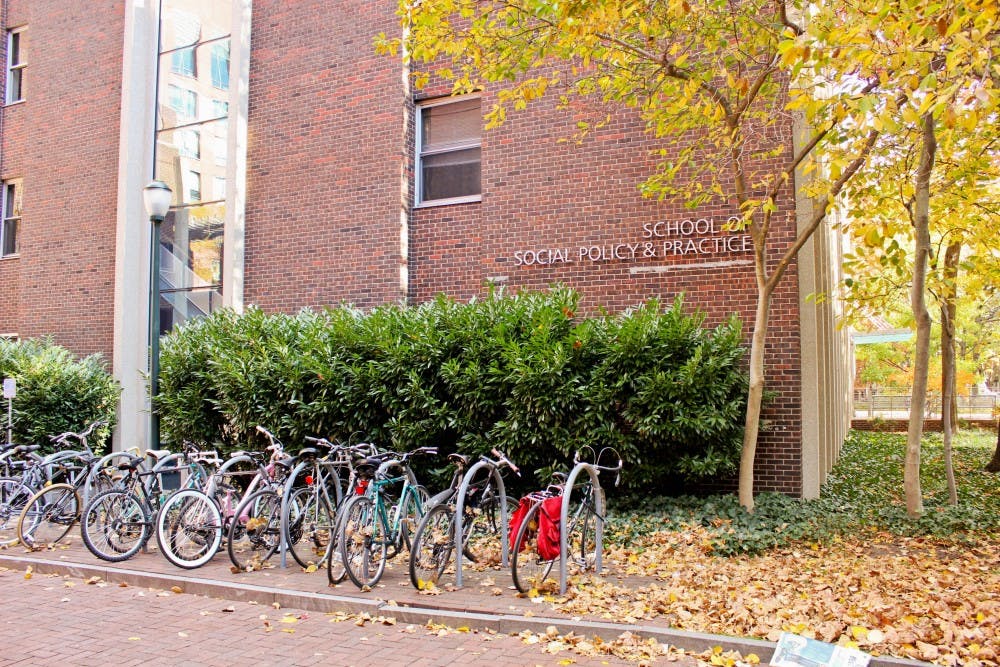For the last four years, the Penn Restorative Entrepreneurship Program has been dedicated to fostering former inmates' entrepreneurial passions.
A 10-week intensive program run by Penn's School of Social Policy & Practice, PREP aims to teach previously incarcerated individuals, referred to as "participants," to be socially responsible entrepreneurs and help them reintegrate into society.
"These [people] are not that different from the rest of us,” said SP2 professor Chao Guo, who has been the faculty director of PREP since 2017. “They've made some mistakes, but people all make mistakes. They have learned from [their past] and they are committed to become a valuable member of our society.”
PREP was created by former SP2 professor Charlotte Ren and is included as part of a class titled “The Social Entrepreneurial Approach to Community Reintegration.” Student mentors will partner with classmates to formulate lesson plans and to co-teach two sessions, as well as work one-on-one with the participants to develop their business ideas into a business plan. The program will culminate in a final presentation, where participants present their business plans.
Since PREP’s launch in 2015, four alumni of the program started small businesses, with three of those businesses still in operation. Though not all participants decide to pursue their business ideas beyond the program, they still gain valuable business skills.
Graduate student Seongho An, a teaching assistant for PREP, said that the experience gives participants the confidence to improve their lives, adding that one alumnus, Curtis Kitchen, now co-owns an auto repair shop with his wife. An added that PREP is currently working on a documentary about their program, set to be released in March. The film features Kitchen's auto shop.
The participants are selected through PREP’s field partner, the Rescue Mission of Trenton. Chief Operating Officer and 2015 SP2 graduate Barrett Young serves as a co-facilitator of the program and chooses potential participants based on various criteria that includes entrepreneurial passion and a commitment to re-enter society as a productive member of their community.
One of the motivations behind PREP’s creation stems from the difficulty that many formerly incarcerated people face to find meaningful employment. There is a 27 percent unemployment rate for ex-offenders, and around two-thirds of the formerly incarcerated population find themselves behind bars again within three years.
RELATED:
BU prof. Sara 'Sally' Bachman named new dean of Penn's School of Social Policy & Practice
Students and faculty 'shout out for social work' to raise awareness for the profession
“We're socialized to think that once people do something bad or make a mistake, that's it. Like you can't trust them, and they are bad people," said Rose Brown, a master's student in SP2.
Young said although many participants in PREP have a history of crimes tied to their substance abuse, society shouldn’t hold their past actions against them.
“[A formerly incarcerated] person is faced with so many obstacles that life throws at them,” Young said. “I believe that every person in this world should be given opportunities to succeed, to grow, and to better themselves.”
Guo said the long term goal of the program is to replicate PREP’s model across campuses and communities nationwide.
An, who will take a job as an assistant professor at the University of Central Florida after he graduates in 2019, said he plans to bring PREP’s model to the university’s downtown campus.
“We feel strongly of the potential value of this program.” Guo said. "After running this for five years, we hope that more and more universities and communities will adopt this model and make a stronger impact.”









